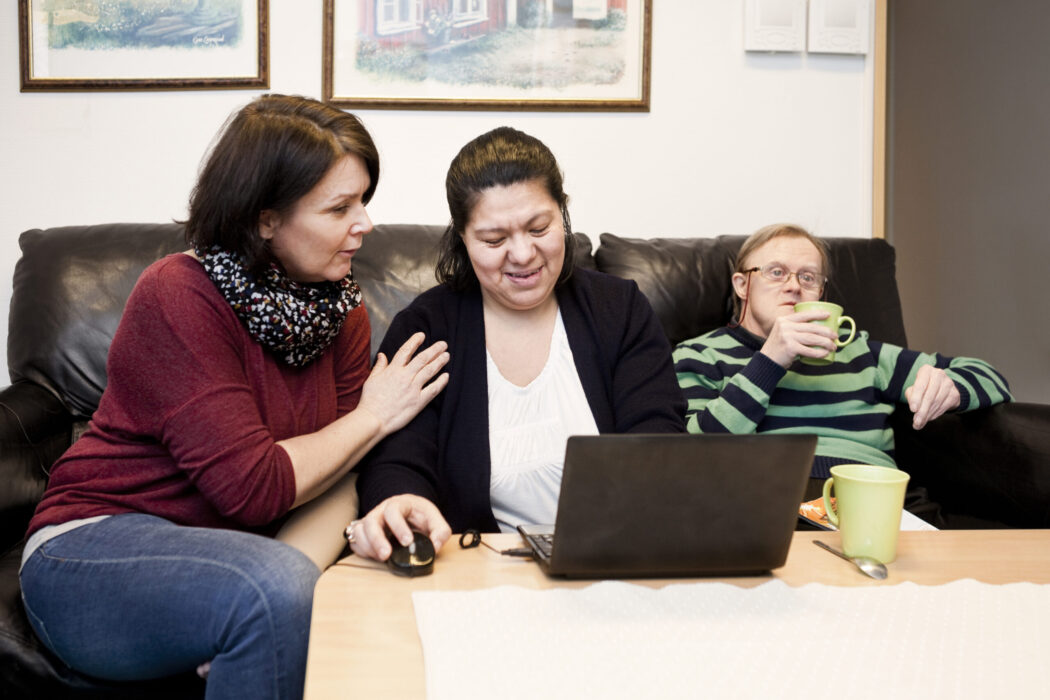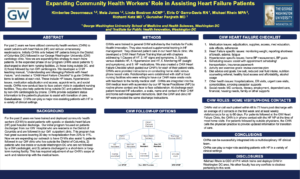
Chronic Heart Failure Care Transitions Project
A partnership to improve care transitions and health outcomes for patients with chronic heart failure.
This is a sunset initiative (no longer active).
Reducing avoidable hospital readmissions is an opportunity to improve quality, increase patient satisfaction, and reduce costs within healthcare systems. Since 2013, IPHI has partnered with the George Washington University and GW Medical Faculty Associates to improve care continuity and coordination and to reduce hospital readmissions for patients with chronic heart failure.
IPHI is responsible for administering the community health worker (CHW) portion of this project. This work focuses on evidence-based strategies emphasizing coordination and continuity of care, prevention and complication avoidance, and close clinical treatment.
Responsibilities:
- Hiring & placing the CHWs;
- Supporting CHW training;
- Training GW Hospital and Medical Faculty Associates staff on effectively integrating CHWs into the team;
- Collaborating to ensure effective program model design; and
- Evaluating this pilot project.
Two CHWs hired have been trained in basic heart failure treatment support. CHWs are deployed to assist patients during and after discharge from the hospital. With supervision by heart failure physicians and nurse practitioners, the CHWs work with the patients in their homes to:
- Improve understanding of heart failure medications;
- Enhance diets that are conducive to improved health;
- Improve heart failure self-management skills;
- Provide resources to address social needs; and
- Improve communication with and utilization of outpatient medical facilities.

To learn more about expanding the CHW role in assisting heart failure patients, click: here.
For hospitals interested in developing a similar program to ensure effective healthcare use, control costs, and improve patient health outcomes, please contact [email protected] or 202.747.4120.
